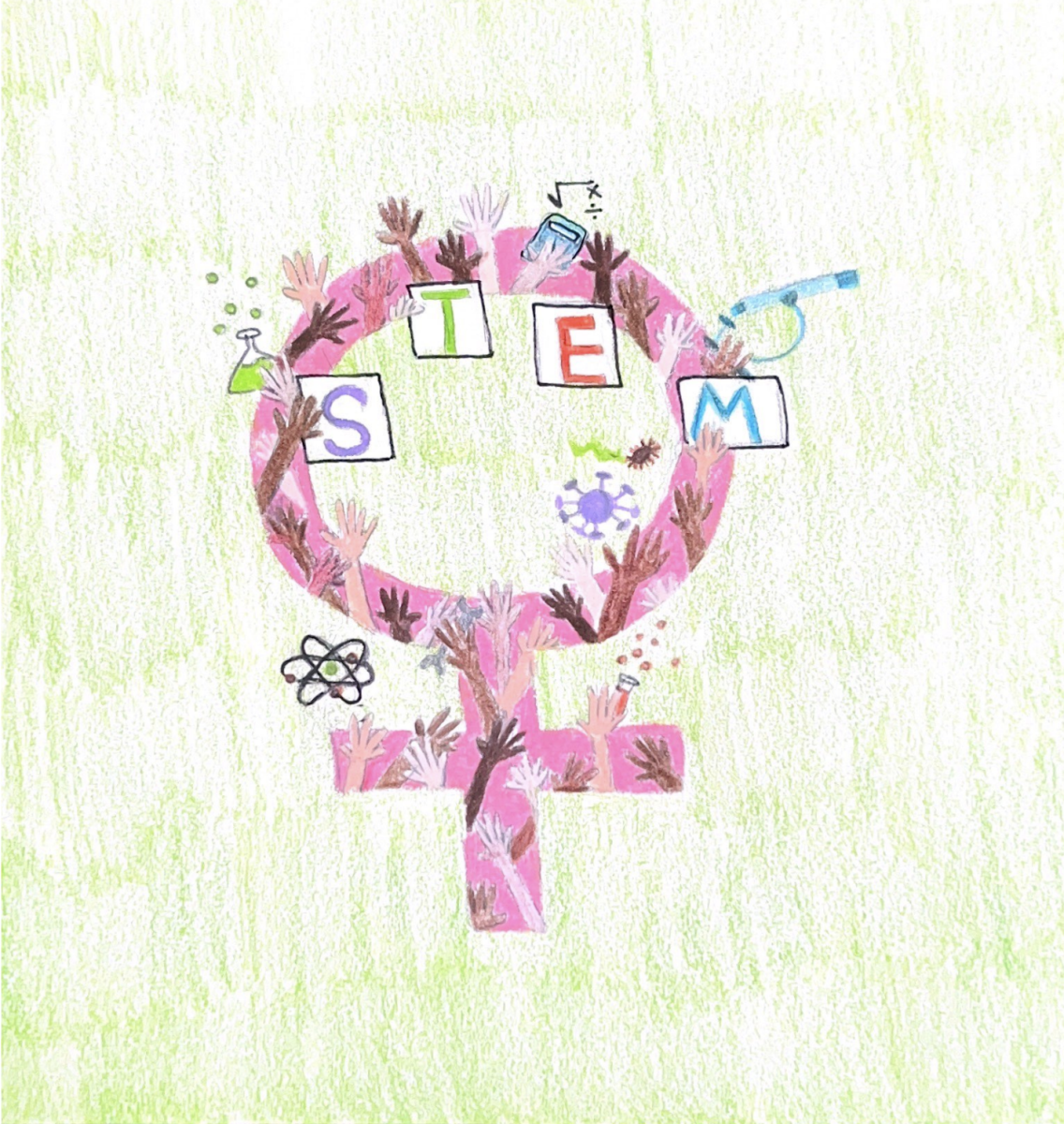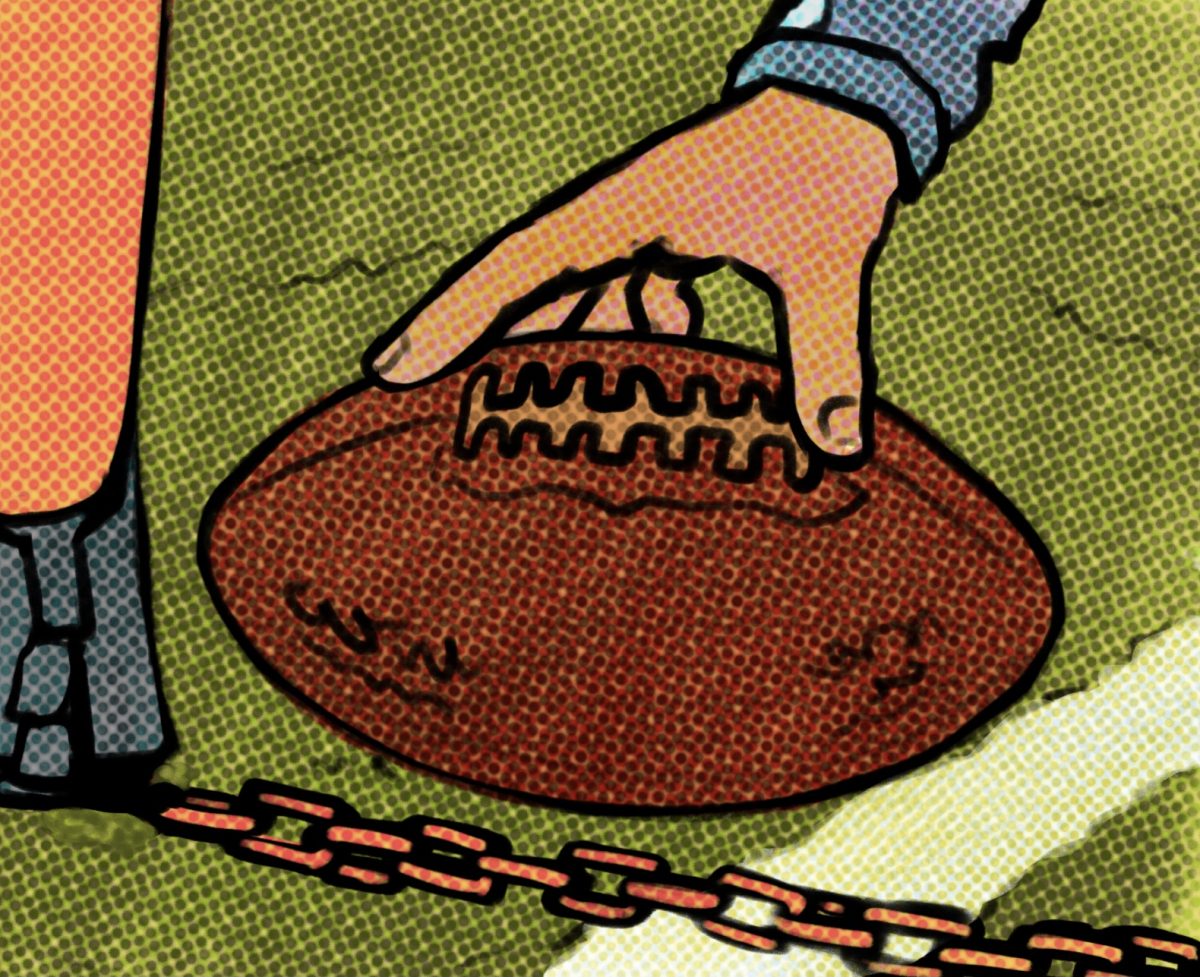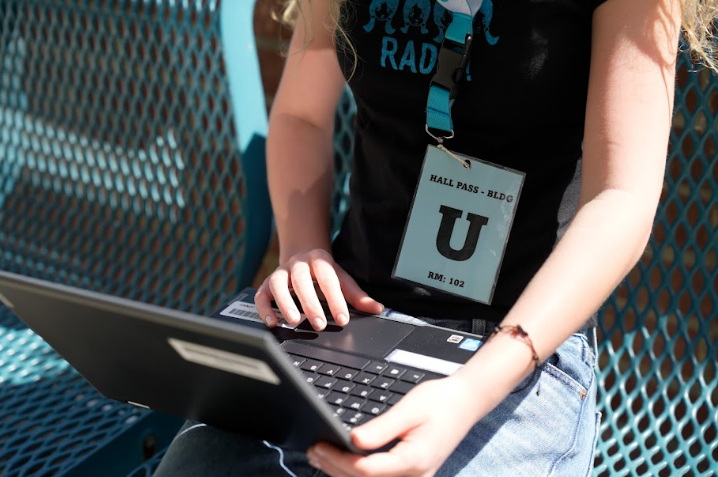I am privileged. I say this in the context of the educational opportunities I’ve been grateful to receive. Yet, many women and girls are excluded from this primary human right. Working through the school system, I’ve observed the undeniable gender disparities in specific learning environments, particularly STEM classes.
A STEM curriculum is an integral component of formal education. After attending Pali for three years, this recurring theme has revealed itself to me: The ratio of men to women in STEM classes is staggering. My concerns deepen with the fact that the environment in higher-level math and science classrooms promotes the success of men over women. The actions of instructors show blatant bias towards male students.
Once I realized these issues, I began to discuss with my female peers hoping to discover whether or not my experiences are common. Much to my disappointment, I discovered these feelings of exclusion and discouragement are shared among my classmates.
The most evident example of gender discrimination in the classroom is the disproportionate number of men in higher-level STEM classes at Pali. Though I’ve previously observed that all of my advanced math classes are dominated by male participants, I was unaware of the severity of the issue until I consulted other female students who also pursued advanced mathematics.
“At the beginning of every year, when I go into any of my STEM classes, there’s always a larger number of guys than girls,” junior Helena Mack explained. “In my math class last year, Honors Math Analysis, there were only three girls in the entire class.”
This incident is not isolated. Junior Logan Christopher shared a similar experience. “[Honors Math Analysis] was a pretty small class to begin with; there were only 23 kids. I want to say there were seven girls at the end of the year.”
These anecdotes baffled me. I was lucky enough to have grown up in a home where the achievements and prosperity of women were accepted and encouraged. Entering high school I felt it would be the same, so why is it that so many intelligent women avoided academically rigorous STEM classes? Is it a perspective within ourselves? Or have microaggressions subtly broken down the female drive to participate in such educational spheres?
Reflecting upon these ideas, I delved into what it looks like to be a woman versus a man in STEM.
I began by reflecting on my knowledge of historic scientific discoveries. Most of the revelations or innovations were attributed to men, which isn’t unexpected considering the historical roadblocks women have faced. However, what I did find unusual concerning the current societal climate was the lack of credit given to women who did make a difference in scientific academia.
If women are mentioned in a textbook for a STEM discovery, they are discussed only briefly. Her achievements are not explained and her impact is reduced to her gender. I have consistently seen this pattern in every historical context I have learned about. I concluded this surely must have unconsciously played a role in the female participation in STEM classes.
The scientific and mathematical realm has always been presented as a male-dominated environment. This in turn creates an atmosphere in which men feel superior to women, causing self consciousness to burrow in the minds of female students.
“I feel [that] especially STEM-oriented boys will be very confident in raising their hand and just speaking out of turn,” Mack said. “That’s an environment in which they thrive.”
Mack explained her struggles with confidence in math and science classes. “I feel like I hesitate to just go for it. I always make sure that my answers are correct and that my questions are valid before I will raise my hand and say something in class.”
This experience is one I am very familiar with. Frequently, in my AP Environmental Science class, an intelligent girl will timidly raise her hand to answer a question, and begin her reply with “this might be completely wrong,” assuming failure before even providing her response. Male classmates, on the other hand, will frequently raise their hand, and confidently report an answer, — incorrect or not.
Sophomore Viola Browne has also experienced this anguish during her time at Pali: “I would say that boys tend to be a lot more confident; there’s this unspoken emphasis on the fact that boys can answer in class and get things wrong, and it’s not embarrassing, but there’s this shame and embarrassment that girls carry with them in an educational environment to speak and get things incorrect.”
The systemic oppression of women does not only live in textbooks; it also holds a presence in the biases of STEM class instructors. It is inherently obvious that some math and science teachers may subconsciously favor male students.
When entering my first AP science class, I was perplexed by the blatant disregard for female participation. I watched my teacher call on 15 boys in a row “randomly” before calling on a girl. My teacher repeated this pattern, going days without voluntarily calling on a girl. Boys were even called out without volunteering while girls in my class would have to raise their hands for several minutes before the same opportunity was presented.
“In my math class when the classroom is quiet, and my teacher needs to call on someone he calls on a boy,” Browne recalled.
“Women have to be 100 percent in everything they say and they do because there’s no room for error,” Mack concluded. “If we’re going to keep progressing and keep reaching for total equality we have to create an environment for women to feel comfortable failing, and an environment that allows women to prosper.”










